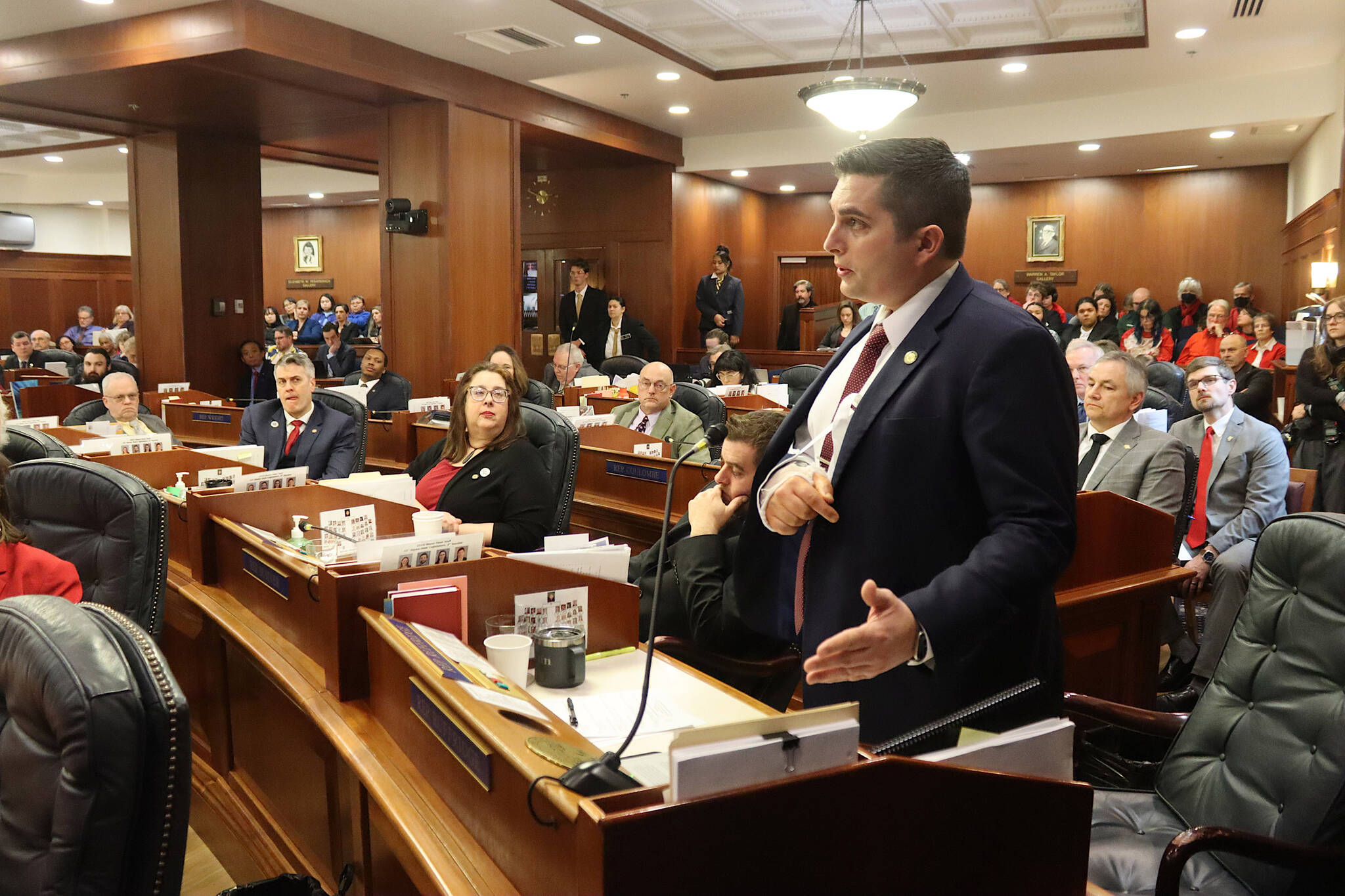As Alaskans, our state’s budget isn’t just about numbers — it’s a road map to our shared future.
From our reliance on oil revenues to its vast geographical differences, Alaska grapples with a complex array of economic and financial hurdles that shape its present and future trajectory.
With a land area larger than Texas, California, and Montana combined, Alaska’s infrastructure needs are immense and costly to maintain. Remote communities scattered across our landscape include rugged terrain and face various logistical challenges from accessing healthcare and education services to transporting goods and resources.
Addressing Alaska’s unique fiscal challenges requires a multifaceted approach that balances short-term needs with long-term sustainability. This week the House heard and voted on 137 amendments to the Operating Budget bill (HB 268). Let’s break down the journey of the budget starting from its inception.
Budget work begins when state agencies craft their budget proposals which are submitted to the Governor’s Office of Management and Budget (OMB). The OMB evaluates these requests and then offers recommendations to the Governor. By December 15 each year, the Governor presents his version of the budget to the legislature.
The budget undergoes a thorough examination in the House and Senate Finance committees. The House works on the Operating budget, and the Senate works on the Capital budget. The operating budget is parceled out to subcommittees to review specific areas of the budget.
Legislators have the opportunity to hear details on programs and proposals by Commissioners and Departments.
Once subcommittees finish their work on the budget, the full Finance Committee further refines and amends the Operating budget. The House Finance Committee passed HB 268 out of committee on Friday, April 5. The spotlight shifted to the House Floor, where all 40 Representatives may propose and vote on amendments, and ultimately vote in favor or opposition to the budget as presented.
The House passed the budget on Thursday, April 11. The budget has been transmitted to the Senate for their deliberation. Any alterations made by the Senate prompt a return of the budget to the House. Representatives must decide whether to concur with the Senate’s changes or initiate a conference committee — a platform for Senators and Representatives to negotiate and reconcile discrepancies within the budget bill.
After HB 268 has passed both bodies, the legislation makes its way to the Governor’s desk. In Alaska, the Governor holds line-item veto authority, which means he has ability to delete or lessen individual budget allocations and appropriations. Once the Governor affixes his signature, HB 268 becomes law and takes effect on July 1 — the beginning of the fiscal year.
This intricate process underscores the gravity of our responsibility as stewards of Alaska’s fiscal health. It demands diligence, collaboration, and an unwavering commitment to the well-being of our state and its citizens. As your representative, I am dedicated to navigating this journey with transparency, accountability, and the best interests of the Kenai Peninsula and all Alaskans at heart. Thank you for entrusting me with this responsibility.

